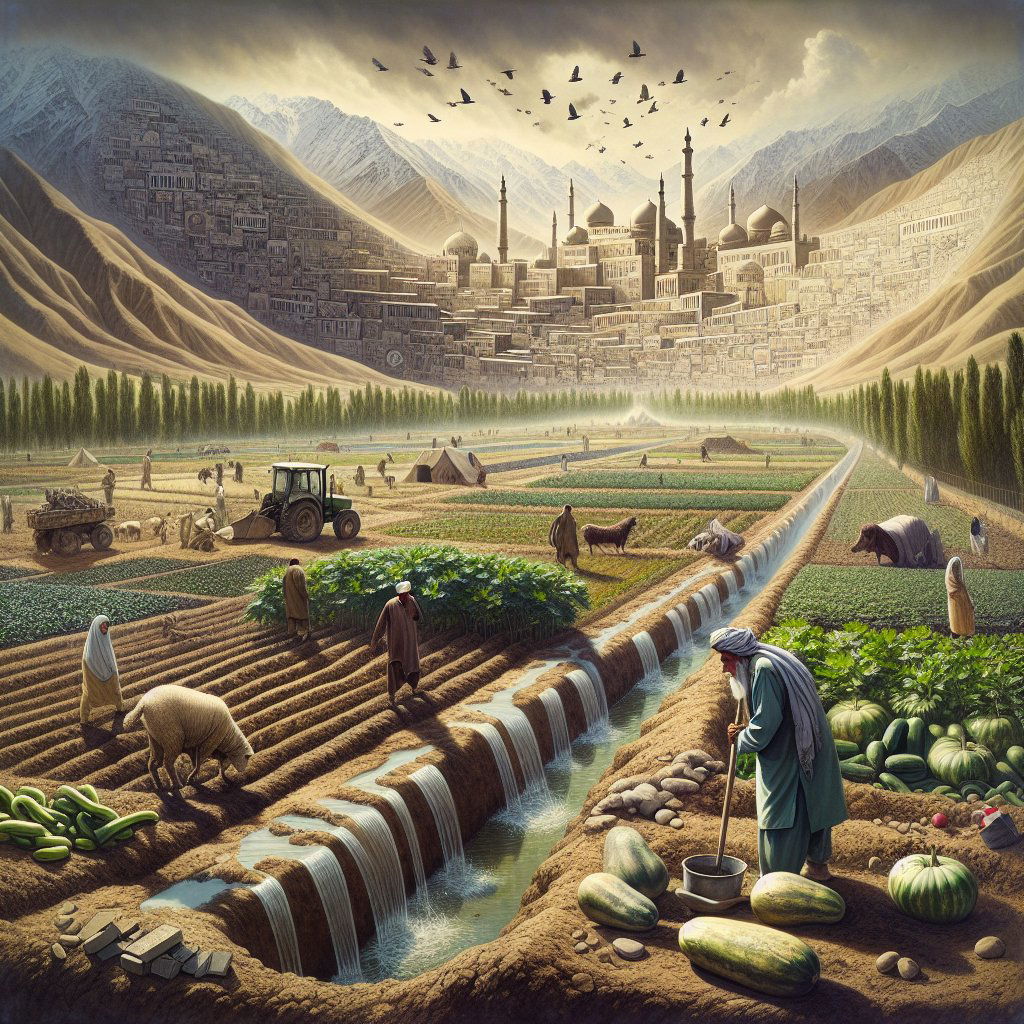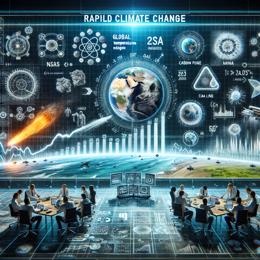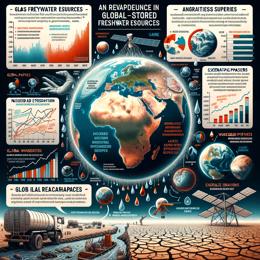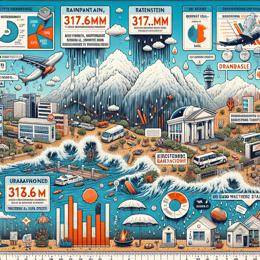Image: AI generated for illustration purposes
Afghan Communities Tackle Climate Change with Simple Dams Amidst International Aid Challenges
In the rugged terrains of Nangarhar province, eastern Afghanistan, a small-scale water infrastructure initiative is rewriting the tale of agrarian despair into one of prosperity and hope. Afghan farmer Ghulam Sakhi, a septuagenarian, has witnessed the crippling effects of climate change firsthand. A severe drought ravaged his arable lands, taking a toll on his wheat and corn crops. But the landscape has now undergone a surprising metamorphosis.
Sakhi and his fellow villagers have rolled up their sleeves and, with shovels in hand, have sculpted a system of canals, dams, ponds, and trenches with the capacity to store approximately 300,000 cubic meters of water. This intricate network of small dams now secures precious water that used to run amok during floods, laying the groundwork for a burgeoning agricultural enterprise. The difference is striking: fields that once lay fallow now burgeon with diverse crops such as aubergines, celery, onions, potatoes, and even 160 apple trees, while livestock graze in the vicinity.
Behind this local triumph is a diaspora-driven funding model. 90% of the required $120,000 for the Nangarhar project was raised by Afghans through a mosque in Germany. Although this method of financing is deemed unsustainable by ECOFA, a non-governmental organization managing the work, it underscores an impressive commitment from the Afghan diaspora to boost development back home.
Gone are the desperate days that saw incomes dwindling to as low as 10,000 afghanis annually for Sakhi. Now, farmers like him are reaping up to 60,000 afghanis, alluding to an economic revitalization that has anchored the area’s men, once migrants and laborers in foreign lands, firmly back to their roots.
This localized solution to climate woes, however, faces the brunt of larger geopolitical strife. The 2021 ascent of the Taliban prompted a stark international response, freezing much of the developmental aid, including funds earmarked for climate adaptation projects. With Afghanistan's plight under climate duress—an average temperature rise of 1.8°C since the 1950s and regular onslaughts of droughts and floods—the need for sustained financial input into adaptive measures is dire.
Complicating matters is Afghanistan's lack of formal recognition by other nations, which leads to its exclusion from crucial international climate conversations like the upcoming COP28 in Dubai. This exclusion hinders the nation's ability to glean support for its climate adaptation strategies.
Water specialist Najibullah Sadid suggests a workaround: using existing channels of emergency aid delivery to funnel climate adaptation funds, hence bypassing the Taliban's administration. The necessity for this approach stems from the axiom that food security requires more than just immediate relief; it necessitates investing in infrastructure that equips communities to combat the root causes of hunger.
Amid these difficulties lies a more prosaic challenge: the vacuum of environmental expertise following the mass exodus of professionals in the wake of the Taliban's rule. Pressing on, the Taliban has shown interest in learning about climate change, engaging with expatriate experts—a sliver of optimism that there could be unrecognized opportunities even in the most fraught scenarios.
As global leaders convene for COP28, voices like Abdulhadi Achakzai, an Afghan climate activist, strive to draw attention to the plight of their homeland, urging for inclusive strategies in dealing with climate change. The fight for survival in the face of environmental disaster defies borders, encapsulating the universal need for cooperation and support. Despite the odds, the story unfolding in Nangarhar is a testament to the resilience and resourcefulness of Afghan communities facing a changing climate.










